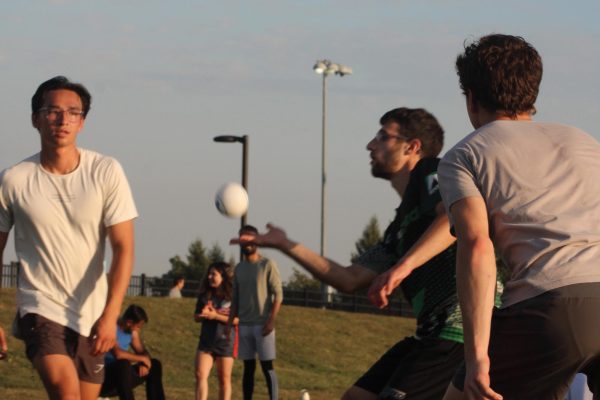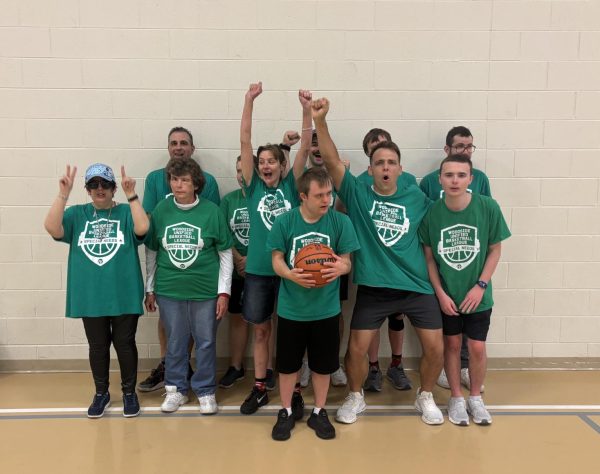ICE and its effects on the local community
Community leaders came together to discuss how the ICE (Immigration and Customs Enforcement) policy is affecting local immigration population on the evening of Thursday, Jan. 25. The speakers included Angela Powell-Medlock and Sonia Neske from Pontiac High School, immigration lawyer Garrett Garcia and nurse practitioner Lisa Smith.
These speakers often see immigrants and clients at their most vulnerable in their jobs. Smith mentioned when she is taking care of family members in the hospital setting, a number of them do not come in because they don’t have access to insurance. This lack of insurance makes them a last priority to get care.
Garcia, as an immigration lawyer, has about 90 percent of his clients as Spanish speakers. When it comes to deportation, the Obama Administration had a system called Priority 1-3 as different layers determining who should get deported and who shouldn’t.
ICE agents have the ability to enter private property without a warrant especially if it is 25 miles of the border. Part of the northern border is the outline of Michigan.
“It is important to be aware Michigan is part of the border zone,” Garcia stated.
According to Garcia, Rochester is the local area that tends to jail illegal immigrants more.
Powell-Medlock is a social worker and therapist at Pontiac High School. Those that come from a Latino family often have the challenge that mental health issues are taboo. Medlock states it is very hard to get the kids to open up mostly out of fear.
“All I can do is not be blind to [this issue],” Powell-Medlock said .
Sometimes her students need extra help in learning the English language, which is where Neske comes in. She is the English language specialist, and she is originally from Colombia. Neske has around 240 students under her supervision and teaching. She sees the language deficiency as well as the economical hardships for students who have to learn the language as teenagers.
The economic hardships it leads back to an unstable home, no insurance, no car, no job and facing the fact that they have an illegal status in the place they are trying to build a life.
“Why graduate high school if they can’t go to college and can’t get a driver’s license?” Neske said.
It was mentioned during the panel that around 60 percent of women who cross the border are sexually assaulted. Sometimes ICE also decides to hideout to take family members away. There was a story mentioned that an ICE employee was waiting at the school bus to deport a child’s father. DACA (Deferred Action for Childhood Arrivals) used to protect younger students and gave them a social security card and the ability to obtain a driver’s license or register a vehicle.
The recurring question for these immigrants is, do we split up the family or go back to the old country we don’t know to keep the family together?









patrick • Jan 31, 2018 at 11:35 AM
Colombia* not Columbia.